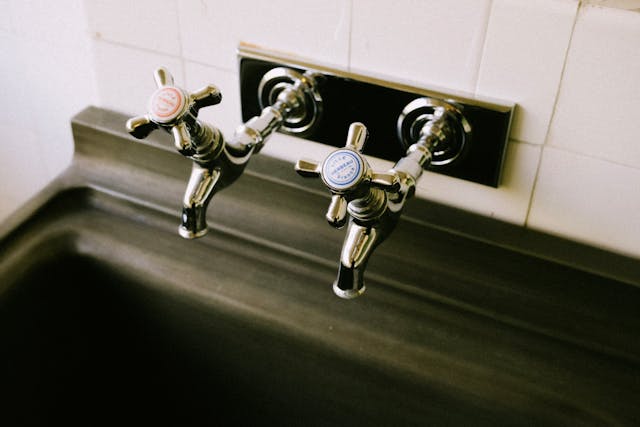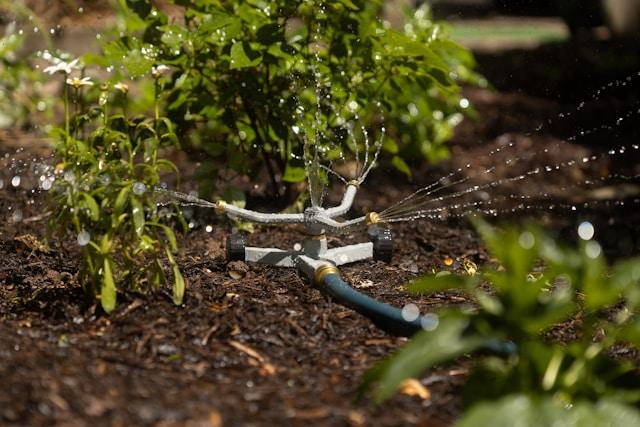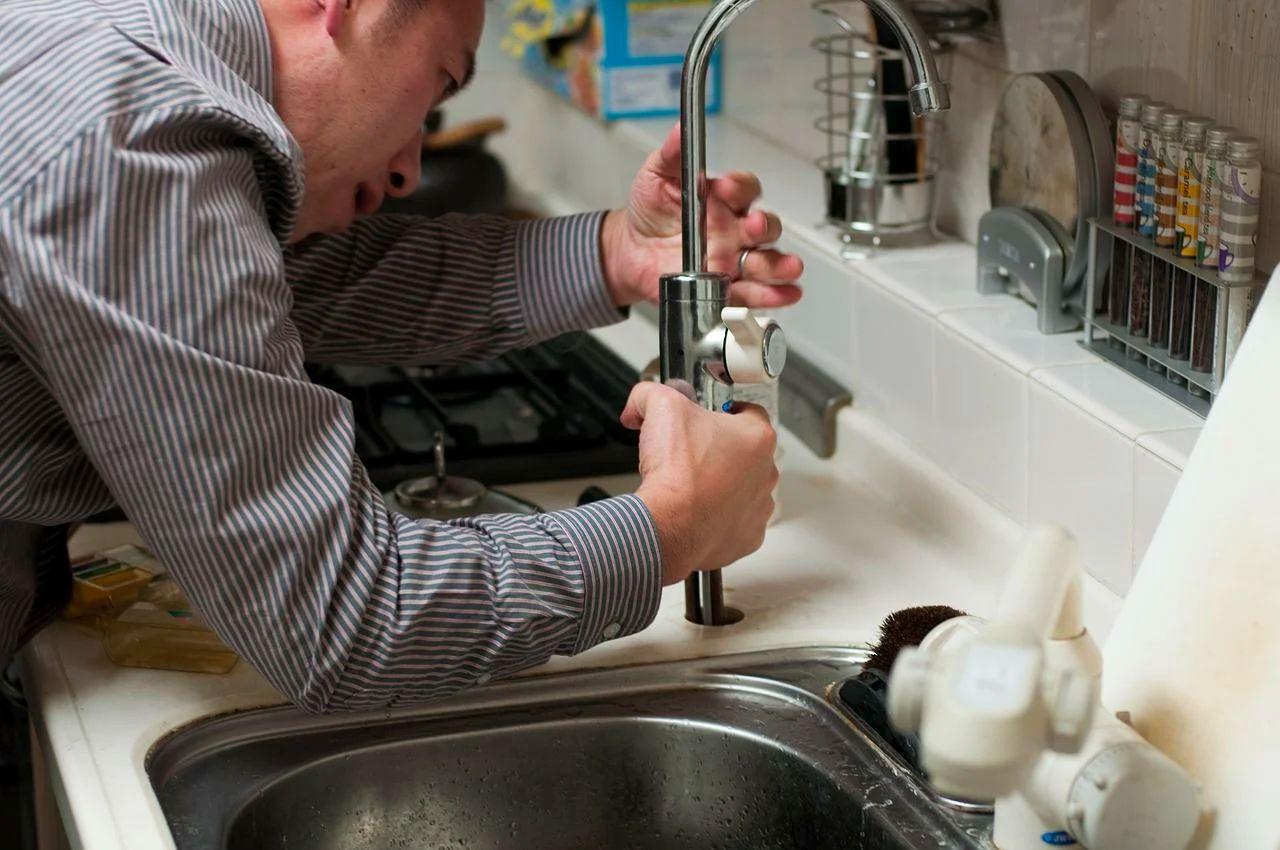Keeping up with routine plumbing maintenance helps prevent expensive repairs, conserves water, and extends the life of your system. Learn about detecting slow leaks, insulating exposed pipes, and avoiding clogs.
Only human waste and toilet paper should be flushed down your drains. Anything else can form a solid mass that causes sewers to back up.
Table of Contents
Inspect for Leaks
A water leak can cause costly damage if not addressed quickly. Look for damp spots or discoloration in your walls, ceilings, and floors around toilets, sinks, and appliances. A plumbing company can help catch and repair any leaks before they worsen.
You should also regularly check the water pressure in your home. High pressure stresses your pipes, leading to leaks and bursts. Lowering the pressure can reduce your risk.
If you suspect a leak, turn off all the water in your home and take a reading on your water meter. After two hours, if the reading has changed, you leak somewhere in your system. Locate your home’s plumbing shut-off valves and ensure they are working properly. You should also run cold water while using the garbage disposal and drain non-flushable materials, such as grease, into a separate container to prevent clogs. Also, clean your lint traps in your washing machine regularly.
Insulate Pipes
Pipe insulation is one of your plumbing system’s most important preventative measures. It protects against freezing and extreme temperatures that can lead to costly water damage.
It also saves on energy bills. Insulation limits heat transfer and enables you to lower your hot water temperature settings. It also acts as a condensation barrier, preventing mold buildup and corrosion.
The most important pipes to insulate are those in unheated spaces, such as exterior walls, basements, and floor cavities above crawl space. It would help if you also insulated hot water pipes that run through these areas.
Frozen and burst pipes can cause massive problems for homes and businesses. Replacing these pipes can be expensive and inconvenient. The small price of piping insulation can be a great investment in the long run. Preventive measures like insulating pipes can avoid these problems and keep your plumbing running smoothly all year round.
Check for Clogs
A clogged drain or toilet is inconvenient and can cause major water and sewage backups. It is far more cost-effective to keep your drain lines clean and free of clogs with preventive maintenance.
Your home has many drains that carry wastewater from sinks, tubs, and toilets to your sewer or septic system. The main sewer line is the largest of these lines, and if it becomes clogged, it can affect all of the other drains in your house. Clogs usually start in the lowest drains and go up through your pipes.
Watch out for gurgling noises that indicate the presence of a blockage. Other early warning signs include slow-draining bathtubs, sinks, and showers. Avoid putting grease down the drains, and be careful about what you flush — wiping materials and tampons should only go in the toilet. If you suspect a clog, try pouring baking soda and vinegar down the drain to create a foaming solution that dislodges most clogs.
Schedule Repairs
Your plumbing system is put to work daily, so it’s a good idea to be proactive about preventative maintenance. Having routine inspections conducted by plumbing professionals allows them to spot potential problems early on, preventing them from compounding and escalating into emergency repairs.
A leaking toilet, clogged sink drain, or burst pipe are all issues that require prompt emergency plumbing to avoid further damage and operational disruptions. In addition to saving water and energy costs, these preventative steps help to improve the quality of your home’s water and extend the life of your plumbing system.
Murphy’s Law states, “Whatever can go wrong, will go wrong.” Be proactive and save time, money, and stress by implementing these easy-to-follow tips for year-round plumbing system maintenance. Contact a plumber to schedule an appointment today.
Also Read – How to Prevent Costly Plumbing Emergencies in Your Home




